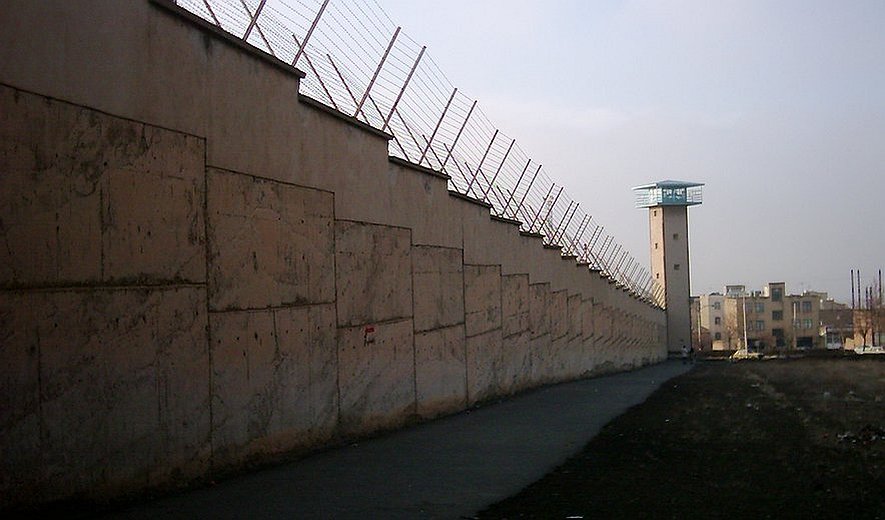FoxLatino: “Although the whistle-blower claims to have relayed these concerns to supervisors in August of 2015,” the senators wrote in a letter to the secretaries of Homeland Security and Health and Human Services, whose departments are responsible for processing the youths, according to the Los Angeles Times
, “apparently these individuals have no immediate plans to remove [unaccompanied minors] from their criminal sponsors, but are ‘discussing options.'”
In August reports emerged that federal authorities had placed a half a dozen teenage Guatemalan boys in the care of human traffickers in Ohio. The boys were forced to live trailers and work 12 hours a day at an egg farm, while having their paychecks confiscated and threatened with death if they sought help.
“Based on what I’ve learned to date, I am concerned that the child placement process failure that contributed to the Ohio trafficking case is part of a systemic problem rather than a one-off incident,” Sen. Rob Portman (R-Ohio) said. “We continue to demand answers from the administration with the goal of uncovering how this abuse occurred and reforming the system to protect all minors against human trafficking.”
TheLatinPost: Two Republican senators have questioned if the Obama administration placed unaccompanied immigrant children with convicted criminals.
Republicans Sens. Chuck Grassley of Iowa and John Cornyn of Texas have asked U.S. Department of Health and Human Services (HHS) Secretary Sylvia Burwell and Department of Homeland Security Secretary Jeh Johnson if “unaccompanied alien children” (UAC) were released to sponsors with criminal records. The senators said a whistleblower alerted the Senate Judiciary Committee, which Grassley chairs, and made the allegation.
“According to the whistleblower, data compiled on a subset of UAC sponsors demonstrated that at least 3,400 sponsors of 29,000 listed in a UAC database have later been determined to have criminal convictions including re-entry after deportation, DUI, burglary, distribution of narcotics, domestic violence, homicide, child molestation, and sexual assault. Several of these criminal sponsors are even associated with, or actively engaged in, the practice of sex trafficking and human smuggling,” wrote Cornyn and Grassley in a letter to the HHS and DHS secretaries.
As the senators noted in their letter, an apprehended immigrant child is first processed by DHS’ law enforcement, and then transferred to HHS’ Office of Refugee Resettlement (ORR) to conduct background checks with the DHS’ Immigration and Customs Enforcement (ICE) agency in hopes to find a sponsor. The “whistleblower” alleged the background checks were “not thoroughly performed and sponsors are not properly vetted or even fingerprinted.”
Grassley and Cornyn wrote several questions for the DHS and HHS secretaries to respond until Dec. 7. Questions include:
– Of the sponsors currently listed in the UAC portal (database), how many have criminal records?
– Are background checks conducted and fingerprints taken on all potential UAC sponsors? Please explain.
– If a sponsor’s criminal record is discovered after the sponsor has already accepted UACs, what processes or procedures do the agencies have to ensure the UACs are not left in the criminal sponsor’s care? Please explain.
– How many UAC sponsors have been convicted of child molestation? How many UAC sponsors have been convicted of homicide? How many UAC sponsors have been convicted of crimes of violence including sexual assault and domestic violence?
– Do background checks of UAC sponsors include running the sponsor’s name through the National Crime Information Center? If not, why not? Please provide a list of all databases and background checks that are queried for all UAC sponsors.
“It is not the practice of the Office of Refugee Resettlement to place unaccompanied children with sponsors who have serious criminal convictions,” ORR spokesman Mark Weber said in a statement. “The safety of the children is our primary concern and any allegation of even potential harm is taken seriously and will be investigated.”
Weber added that the ORR maintains a database for staffers to monitor sponsor’s names, addresses and assessments in addition to the number of time the sponsor requested a UAC.
According to the ORR, and based on info as of September, 27,520 unaccompanied minors have been released to sponsors during the 2015 fiscal year, which began in October 2014.

